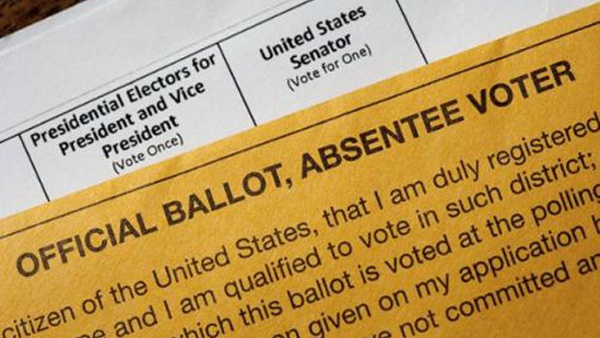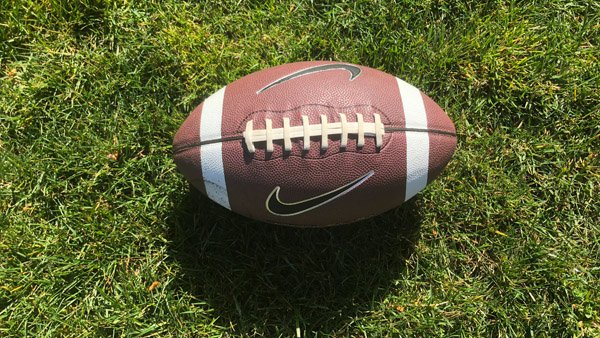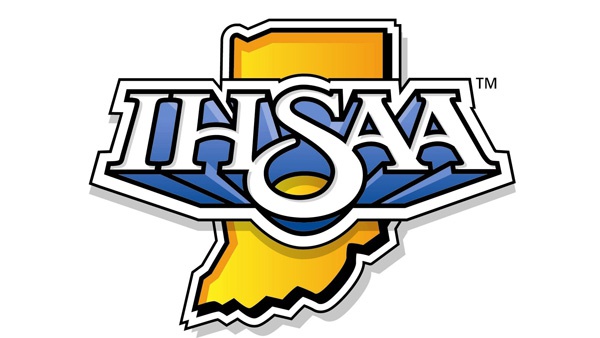The law’s main exception to the noon deadline has been for ballots sent from overseas by military members.

(Indianapolis, Ind.) – A federal judge rejected Indiana’s noon Election Day deadline to receive an absentee ballot, on Tuesday.
This rejection allows Hoosiers more time to mail-in absentee ballots for the November 3 presidential election.
The new ruling by Judge Sarah Evans Barker, who represents the Southern Indiana District, stated that absentee ballots that are postmarked on or before November 3 and received on or before November 13 will be counted.
This ruling comes as county election officials are preparing coronavirus precautions for in-person voting on November 3 while handling a surge in mail-in ballots. Republicans who control state government have largely resisted calls from Democrats and voting rights groups to ease the limits on who can cast mail-in ballots and change the noon Election Day deadline for their submission.
Barker rejected arguments from state attorneys that say extending the deadline would add strain to count election staff, confuse voters, and delay completion of vote counting.
The law’s main exception to the noon deadline has been for ballots sent from overseas by military members.
“Election Day is set by law as November 3 all day on November 3 until the polls officially close,” Barker wrote. “Any voter casting a ballot has the right to do so within that time frame. The noon Election Day receipt deadline disadvantages- indeed, disenfranchises- voters who vote by mail-in ballot by cutting short the time period within which they are permitted to exercise this right even though, due to the COVID-19 pandemic, ensuring the timely delivery of their ballots is outside of their control.”
Nearly 410,000 Indiana voters have already requested mail-in ballots through Tuesday, some five weeks ahead of the Election Day, this is compared with about 155,000 total mail-in ballots that were cast in the 2016 presidential election, according to the Indiana Secretary of State’s office.

 DNR: Get Ready for Deer Firearms Season with New DNR License System
DNR: Get Ready for Deer Firearms Season with New DNR License System
 Stakeholder Feedback Helps Refine Second Draft of Indiana's Future Accountability Model
Stakeholder Feedback Helps Refine Second Draft of Indiana's Future Accountability Model
 MAYOR BOB COURTNEY ANNOUNCES LEADERSHIP TRANSITION AT MADISON POLICE DEPARTMENT
MAYOR BOB COURTNEY ANNOUNCES LEADERSHIP TRANSITION AT MADISON POLICE DEPARTMENT








